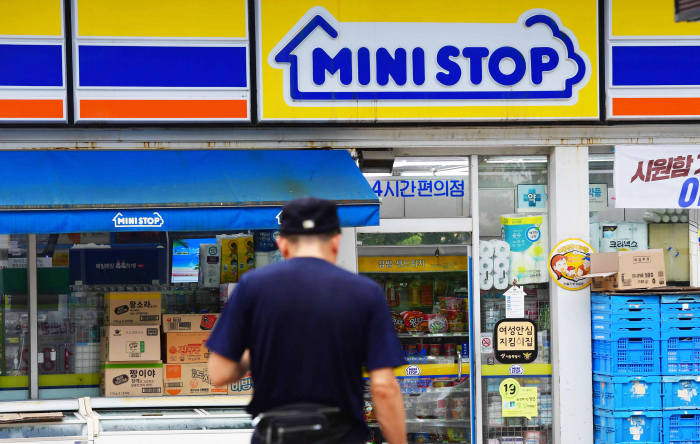S.Korea's Jan. bond issues on track for record $6 bn
Aided by investor demand, Korean companies are scaling up bond issues ahead of further policy rate hikes

South Korean companies are ramping up their local bond issuances to finance expansion into low-carbon and contactless platform businesses, with strong investor demand prodding them to further increase the size of the debt issues.
Corporate bond issues in South Korea are on track to reach a combined 7 trillion won ($5.9 billion) this month, breaking the previous record of 6.3 trillion won for the month of January set in 2019, according to investment banking sources on Friday.
That compared with the previous year's take of 4.3 trillion won.
Undaunted by higher borrowing costs after the Bank of Korea restored the policy rate to a pre-pandemic level earlier this month, Korean business groups are increasing their spending plans to advance into new business areas, or upgrade facilities to comply with toughened emissions standards.
Further, they are in a rush to replace short-term debt with longer-maturity bonds before borrowing costs rise further.
"In spite of increased interest rates, companies are scaling up bond issues, fearing that if they miss out on investment opportunities, they may fall behind in new businesses," said NH Investment & Securities' Managing Director Yoon Byung-un.
So far this month, a total of 17 Korean companies have raised a combined 5 trillion won by selling local currency debt. Nine other companies are scheduled to issue 1.4 trillion won worth of local bonds in aggregate this week.
Another 600 billion won in local corporate bonds are expected to hit the market by the end of this month, bringing the total amount of new debt issues to 7 trillion won in January, according to calculations by The Korea Economic Daily's capital market news outlet Market Insight.
The yield on South Korea's three-year corporate bonds with an AA minus rating spiked to its nearly four-year high of 2.70% on average on Jan. 17. Year to date, it has risen 0.24 percentage points to 2.65% as of Jan. 21, according to FnPricing, which tracks local currency bond markets.
Hanwha Solutions Corp. is selling 380 billion won in domestic debt on Jan. 24 at an annual interest rate between 2.8 and 3%, according to its public disclosure. The bond sale will mark the company's largest-ever debt issuance in its 57-year history, or 65% more than its initially planned 230 billion won.
The bulk of the proceeds will go to its solar cell and module production lines.
"To compete with Chinese companies commanding over 90% of the world's solar cell market, we need to put our focus into producing high value-added products," said a Hanwha Solutions official.
Hyundai Steel, under the Hyundai Motor Group, will be selling 550 billion won in new local currency bonds on Jan. 25.
"Hyundai Motor Group's companies will continue to raise large sums of money from bond markets to fund a string of their eco-friendly projects such as utilizing byproduct hydrogen," said a brokerage company source.
SK Broadband Co., an internet service provider, last week raised 150 billion won through new bonds. The proceeds exceeded its 100 billion won of debt coming due, and will be used to replace its power cables with optical fibers to slash energy consumption.

Lotte Rental Co., a car leasing company, is set to raise 410 billion won on Jan. 26, in its largest-ever bond issuance, to buy electric and hydrogen-fueled vehicles. It also increased the size of the issues from the originally planned 250 billion won on the back of strong demand.
Other units of the retail-focused Lotte Group are preparing to raise fresh capital in new local bond issues. Lotte Group Chairman Shin Dong-bin urged the group's units to make aggressive investments in research and development to bolster their core areas and new businesses in a meeting with the units' CEOs on Jan. 20.
The following day, Lotte Group’s holding company Lotte Corp. signed a definitive agreement to acquire Ministop Korea for 313.4 billion won.
But the company indefinitely postponed its plan to raise 250 billion won through new bonds, taking into consideration internal and external market conditions, it said in a regulatory filing on the same day.
Its local rival Shinsegae Group is working on new bond issues after it spent nearly $4 billion on acquisition deals last year, including the $3 billion purchase of eBay Korea.
Write to Tae-Ho Lee and Hyun-Il Lee at hiuneal@hankyung.com
Yeonhee Kim edited this article.
